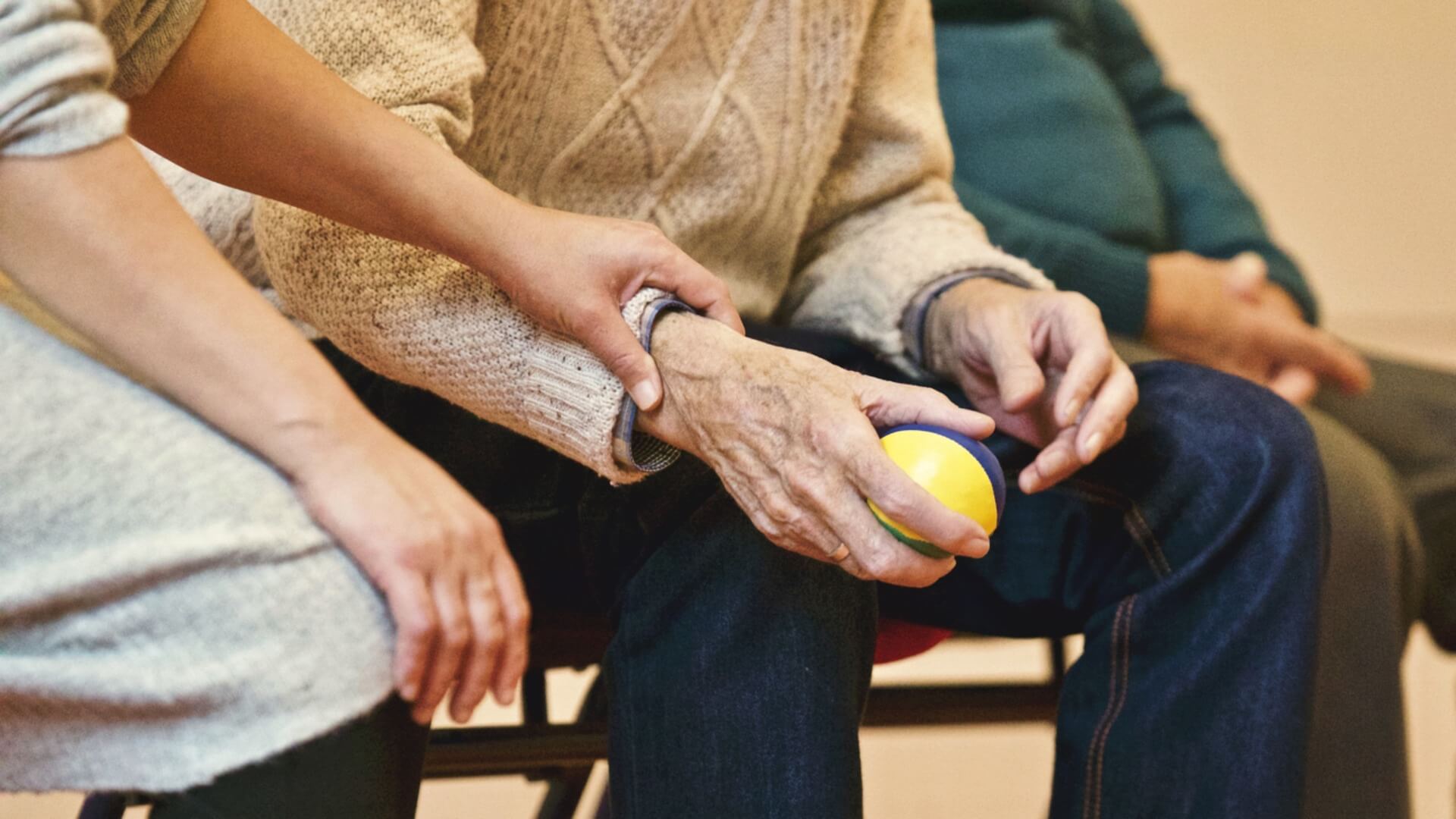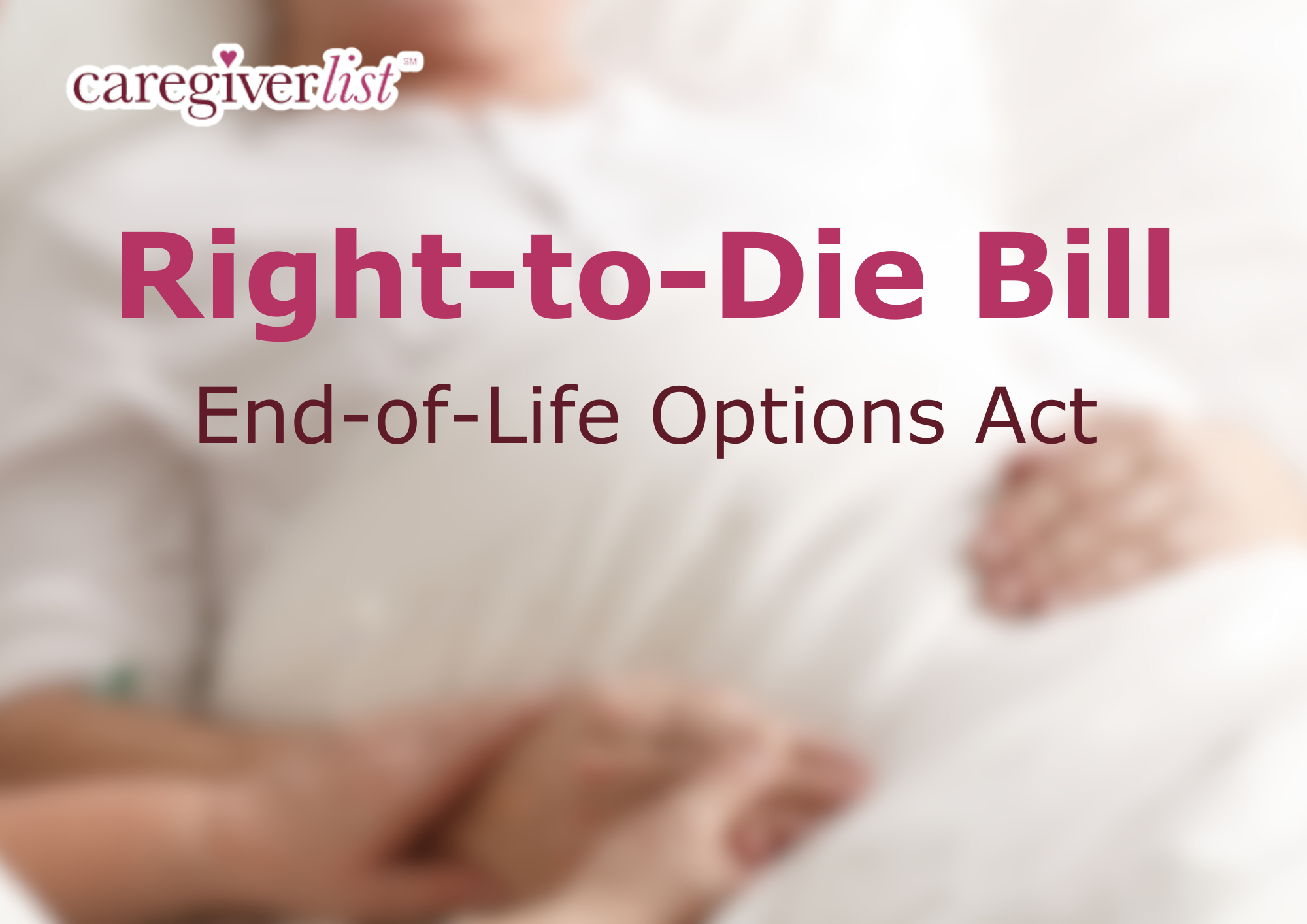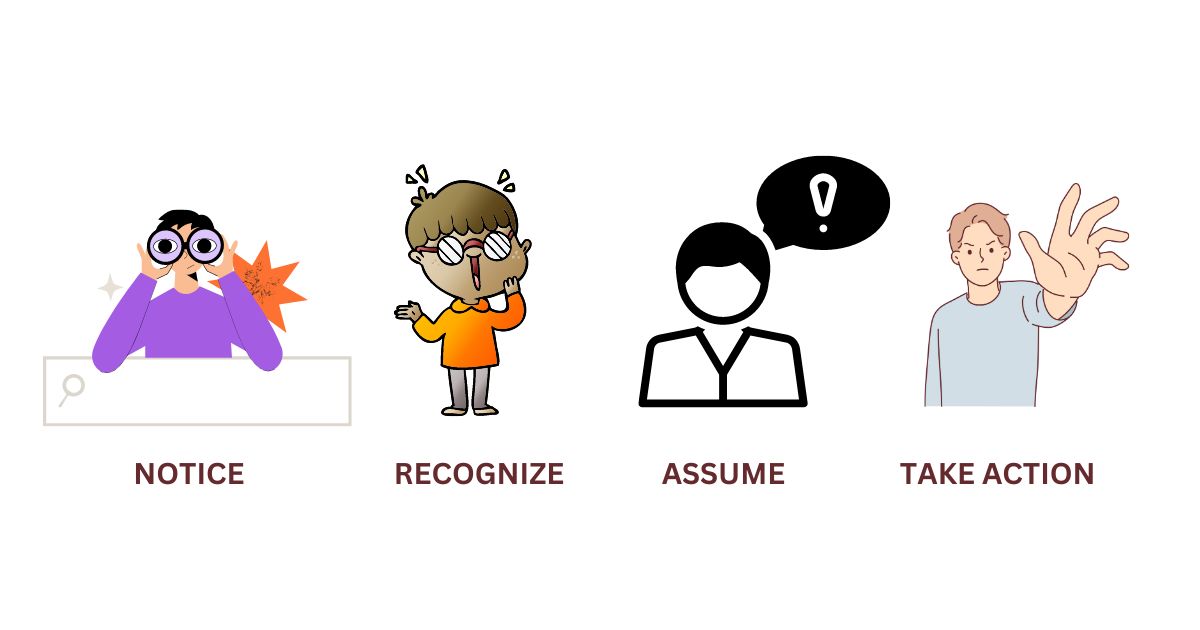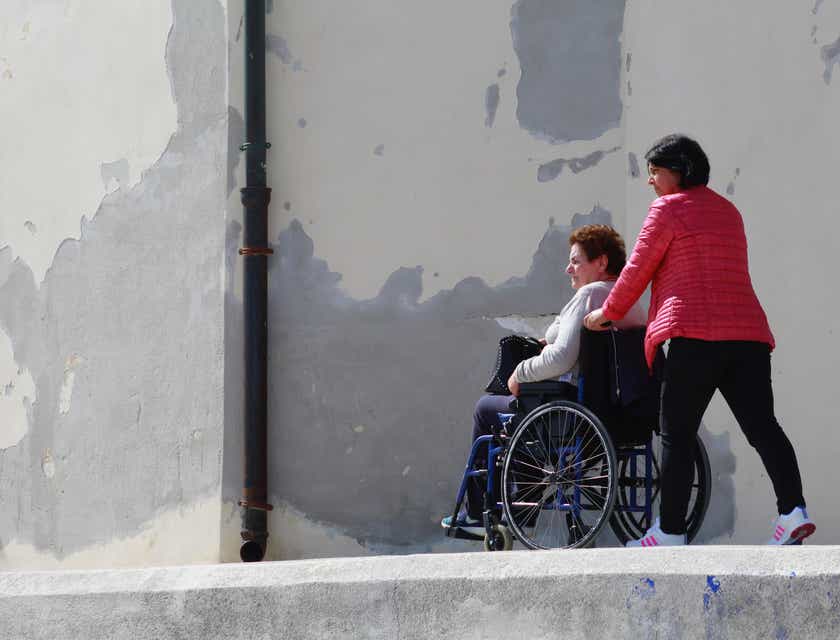Alcoholism in Seniors
In a recent Vital Signs report, the Centers For Disease Control and Prevention (CDC) found that the group of people who binge drink most often are those 65 years and older, drinking an average of five to six times per month. Binge drinking is defined as men drinking 5 or more alcoholic drinks within a short period of time or women drinking 4 or more drinks within a short period of time.
“Alcohol abuse among the elderly is not a new phenomenon,” according to Dr. David Tews, adjunct faculty member in the Counselor Education Program at Loyola University in Chicago, Northern Illinois University, and addiction consultant at SoftLandingRecovery. “We’re seeing an increased number of elderly drinkers simply because the population as a whole is aging.” Indeed, the over 65 population in the United States was 12% in 2000 and is expected to reach 20% in 2050.
“There also tends to be an attitude of “I deserve this” among older drinkers. Particularly after retirement, many feel they’ve earned the right to drink as much as they like—they’ve put in their years of productivity and there’s no chance that their actions will have career-altering repercussions.”
Senior binge drinking is not necessarily an indicator of alcoholism, although the near epidemic number of senior binge drinkers illustrates that the trend is largely ignored or unreported. Many factors contribute its concealment.
Oftentimes, the effects of alcohol are mistaken for other conditions associated with aging, such as a lack of mental acuity, memory loss or depression. Medication can be blamed for erratic behavior (although drug and alcohol interactions can be especially serious to health, and can even result in fatality.) Outreach and treatment programs tend to target the more visible young alcohol abusers.
“Current treatment focuses on future planning,” Dr. Tews added. “Many senior alcohol abusers believe long-term treatment plans for them would be futile.”
Be aware that binge drinking in the elderly can result in other negative consequences, besides the obvious health detriments. According to Seniors in Sobriety:
- Seniors appear to be more vulnerable to the neurotoxic effects of alcohol that cause brain damage, resulting in Alzheimer’s-like symptoms.
- Use of alcohol in older adults can result in trauma. Falls constitute the largest single cause of injury mortality in elderly individuals. 40% of all nursing home admissions are the result of falls.
- Heavy alcohol consumption is a known risk factor for depression, dementia and suicide.
- Alcohol abuse has been shown to increase the risk of certain cancers already age related, such as liver, colon and prostate cancer.
- Late onset drinking can begin when stressful life events occur such as bereavement, disability or retirement.
If you think you or a senior you love may have a problem with binge drinking or alcoholism, your state’s Department on Aging may be able to provide you with information regarding alcohol and drug abuse treatment and prevention programs in your area.







